With the election of President Barack Obama, Black History Month 2009 takes on a different scope and meaning. The Times asked a range of local personalities, including civic leaders, actors, musicians and athletes, for their thoughts on this year’s celebration. What does Black History Month mean to you?
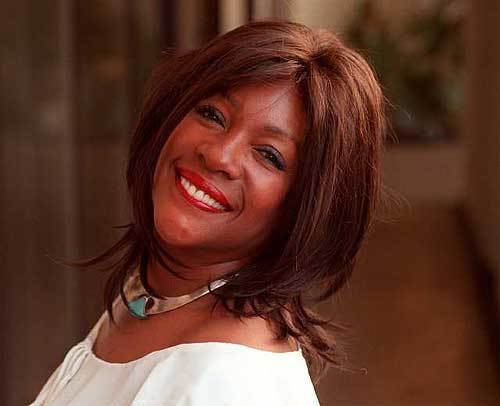
Mary Wilson, vocalist for the Supremes:
“Growing up in the ‘60s as a little black girl ‘Daring To Dream,’ I today know that my mother and father who grew up under the laws of segregation would be jumping up and down, saying ‘Hallelujah.’ I can envision all of the black Americans who had lived under that horrible, crippling feeling of racism saying, ‘Lord, I never thought I would see the day.’ Unfortunately, they cannot see it, but because of all of their faith, pain and hard work, we their children, grandchildren and great-grandchildren can experience this historical event and say, ‘We are free at last. Thank God Almighty, We are free at last.’ ” (Perry C. Riddle / Los Angeles Times)
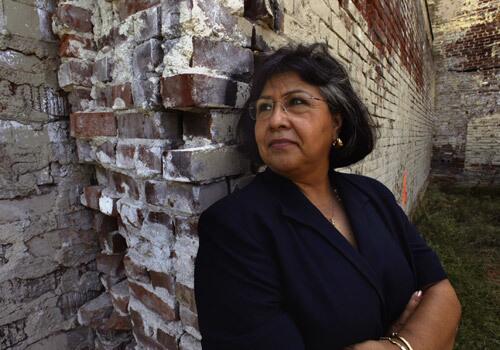
“I think it is a reminder of the greatness of this country, a reminder of the opportunity of this country, a reminder that no matter how difficult those barriers are, you can overcome them and you can achieve. We’ve always told our children that you can be anything you want, that you can be president, but it makes it that much more special with
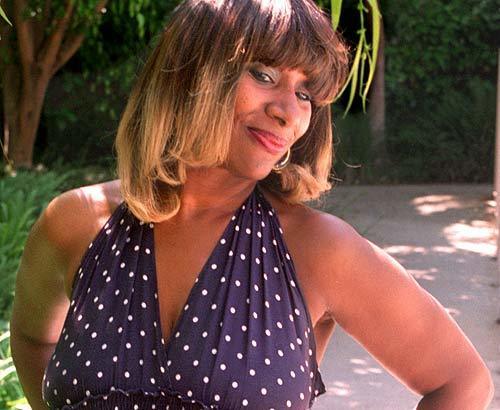
Brenda Holloway, ‘60s Motown artist:
“We’ve suffered a lot of psychic damage. The problem is that we don’t know our own history. I saw the news of a Martin Luther King Day parade on television and they asked a little black girl what King meant to her, and she said ‘Martin Luther King, is he a ballplayer?’ Maybe this president can help us start valuing ourselves again. We’re going to have to see a lot of Magic Johnsons come down and put money into South L.A. I’d love to have 103rd Street and Central Avenue to go back to, to see the Club Plantation, the Club Alabam and the Dunbar Hotel happening again. If someone put money in, I think people would come.” (Jonathan Alcorn / For The Times)
Advertisement
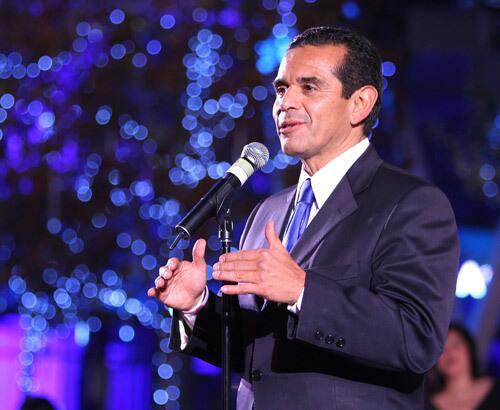
Antonio Villaraigosa, Mayor, City of Los Angeles:
“As a young organizer, I had the privilege of meeting Rosa Parks when she came to Los Angeles. I remember distinctly Martin Luther King visiting Los Angeles to preach his message of nonviolence. The Civil Rights movement had a transformative effect on me as a young man, and its lessons have stuck with me ever since. The change that came about during that time has affected us in ways we now can take for granted, which is why it is important for us to dedicate a month of our calendar year to take black history out of the background and place it in the forefront of our thoughts.” (John Shearer / Getty Images / The Conga Room)
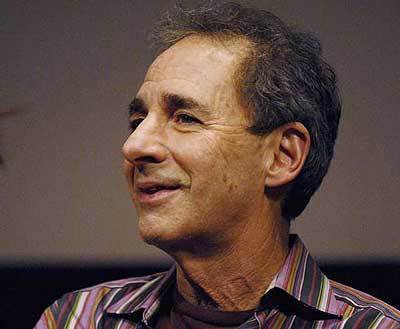
Harry Shearer, actor and comedian:
“Im old enough to remember the civil rights movement. It was a long time ago, and its not that long ago. I saw the segregated country though a media lens, it wasnt at all my own experience, but when I went to teach school in Compton, I saw poverty like I had never seen. There were streets that looked like rural
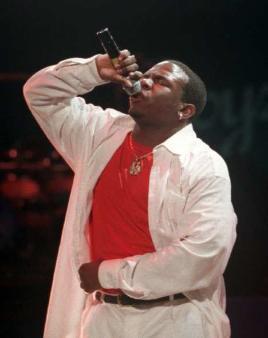
Wanya Morris, vocalist for Boys II Men:
“It’s crazy because, when we all grew up, we never thought we would see this [a black president], and now that it is happening, it makes Black History Month a real reason to look back on the history, on how we got to this point. ... It’s very exciting.” (Al Schaben / Los Angeles Times)
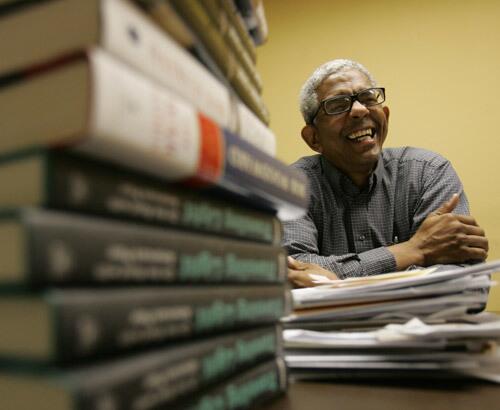
James Fugate, co-owner Eso Won Books:
“As a bookseller it has always been a time when I found that people were more interested in black literature and history, but I dont think Black History Month became as big as it did until the mid 1980s. I think by then you had a lot of young people, baby boomers who were born after the civil rights struggle, who came of age and got hired at companies where black people had never worked before. So when people said, “We want to devote this month to talking about black history,” they were there to make that argument. I think in the 1980s it became bigger than it had ever been, and that was the fruit of the civil rights struggle. “ (Bob Chamberlin / Los Angeles Times)
Advertisement
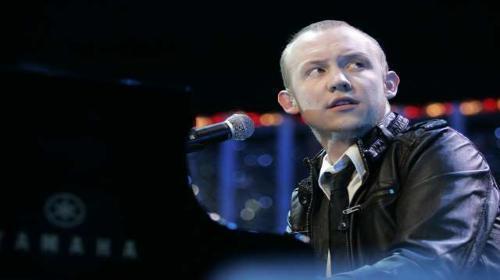
Issac Slade, lead vocalist for the Fray:
“Now none of us, black, white or anyone in between, have an excuse to not reach for the top of our field. [Barack Obama] has opened up doors for everyone.” (Jeff Christensen / AP)
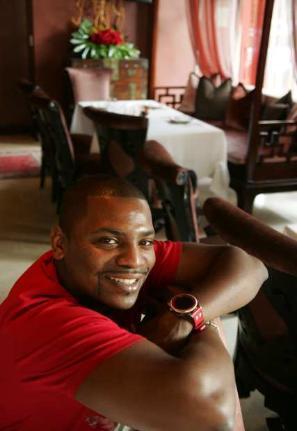
Mekhi Phifer, actor:
“Obama being an African American is a great thing for Black History Month and America. People wanted to see a change [this past election]. It’s a great thing to show the world that as a county we really believed in the character of a person instead of the color of our skin.” (Gary Friedman / Los Angeles Times)
![Magic Johnson, athlete and entrepreneur: "Black History Month is even more special this year because of [President Barack] Obama. America changed, too, because to be able to elect an African American president took non-African Americans to make sure he got elected. That says a lot about the people of America. The way the world has accepted him as well is historic. Nobody will forget the day, the moment, the time [of his election and inauguration]. Hopefully, his plan will take a hold of this economy soon, so things will get better for everyone."](https://ca-times.brightspotcdn.com/dims4/default/2435a1c/2147483647/strip/true/crop/500x334+0+0/resize/500x334!/quality/75/?url=https%3A%2F%2Fcalifornia-times-brightspot.s3.amazonaws.com%2Fa4%2F4b%2Fe08e158d341574c71fb71df1ddb2%2Fgd-bhm-magic)



